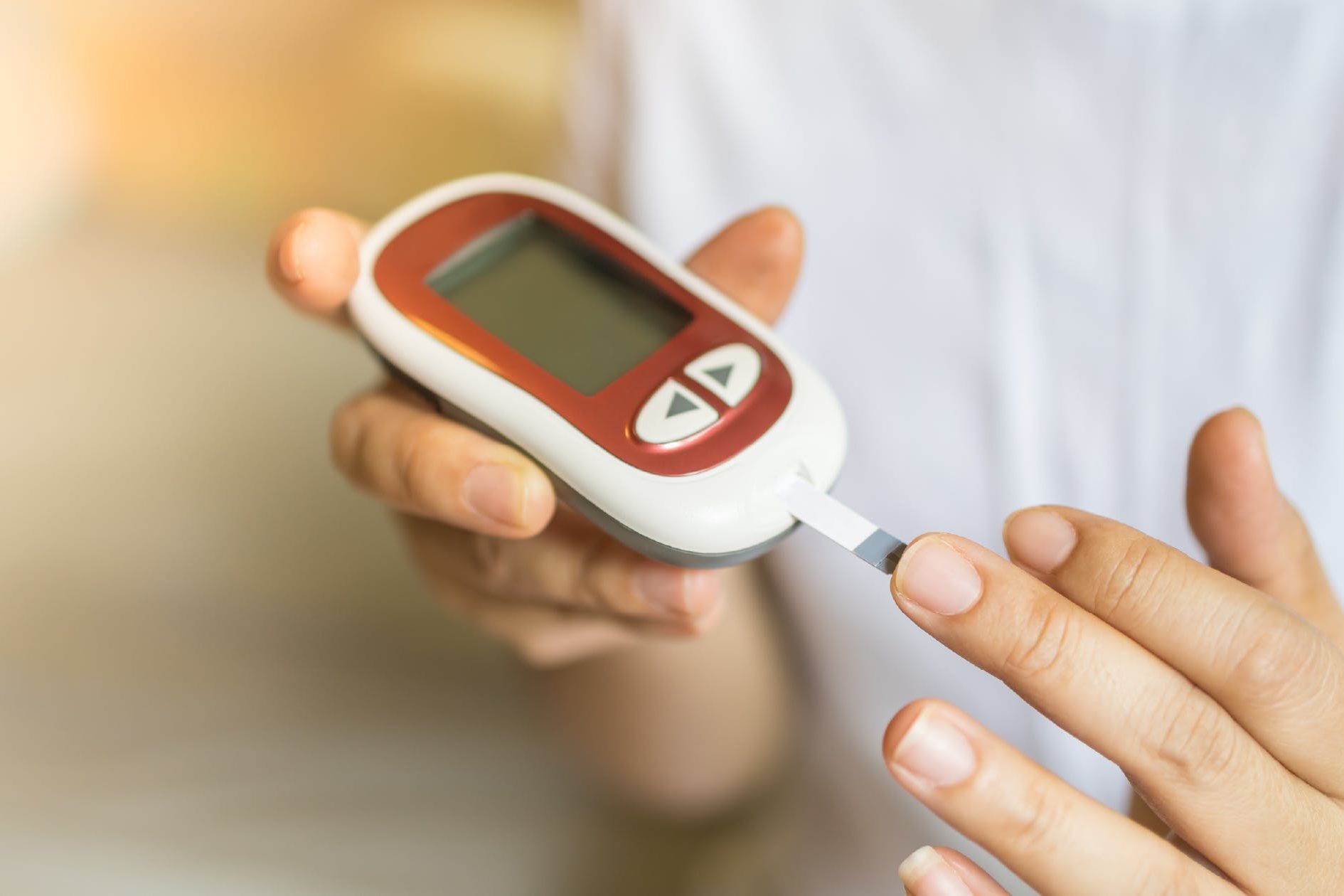Daniel Cox, UVA professor of psychiatry and internal medicine, is testing a new approach to managing type 2 diabetes, which relies on continuous glucose monitoring to help people understand how food choices affect their blood sugar levels.
The study
Cox, a University of Virginia School of Medicine researcher is testing what he calls a “radically different” approach to managing type 2 diabetes for those who are unable or unwilling to lose weight. Daniel Cox, a professor of psychiatry and internal medicine, said his program “defies the norm” in the sense that he doesn’t insist on weight loss as a key component of controlling blood sugar levels. Instead, he combines continuous glucose monitoring with well-informed eating choices to understand the effect of different foods on blood sugar levels, and timely exercise to lower those levels as needed.
“The convention is ‘losing weight’. And if you lose weight, you lose belly fat, and if you lose belly fat, you lose fatty tissue in the liver. And that, in turn, reduces insulin resistance,” Cox said. “That’s very good. And if you can actually lose a significant amount of weight and maintain it for a long time – a lifetime –, that’s worth gold. It can even put diabetes into remission. There is nothing wrong with that approach, and it is a very effective approach. Nevertheless, some people don’t need to lose weight and some people don’t want to lose weight, and other people want to lose weight but can’t or can’t maintain it for a lifetime”.
A different view of diabetes management
Cox’s approach is based on continuous glucose monitoring to help people understand how their food choices affect their blood sugar levels. Different foods can affect people differently, he noted. Continuous glucose monitoring involves the use of a sensor on the back of the arm that continuously sends a signal to a receiver, which displays the person’s blood glucose level without the need for finger pinches. Continuous glucose monitoring allows people to see how a particular food affects their blood glucose levels, whether it’s a sugary slice of cake or a seemingly healthy bowl of oatmeal, Cox said. Understanding that, allows them to make smart decisions to keep their blood sugar levels under control.
If they choose to enjoy a high-sugar meal, the program encourages them to do a light workout such as walking, to help control their blood sugar level. “Here’s the breakthrough: firstly, it reduces the level [of blood sugar] which increases by minimizing the amount of carbohydrates you consume; and secondly, it speeds up your recovery by becoming more physically active,” Cox said. “Physical activity does two things: firstly, skeletal muscle burns blood glucose for fuel; and secondly, physical activity reduces insulin resistance for a short period of time, about 24 hours.”
“Instead of preparing and having a big dinner, and then sitting in front of the TV for the rest of the night, the alternative is to become more physically active,” Cox said. “Do your shopping after you eat, walk the dog after you eat, clean your house after you eat.”
About the diabetes clinical trial
Cox, from UVA’s Department of Psychiatry and Neurobehavioral Sciences, is testing his approach in small clinical trials at the UVA, the West Virginia University and the University of Colorado. Each site is recruiting four people recently diagnosed with type 2 diabetes who have not yet started taking medication. Participants will receive a treatment manual, continuous glucose monitors, and activity/sleep trackers. The trial organizers will then be in touch with them for several weeks to see how well the approach keeps their blood sugar levels under control.
The study is the latest in a series that aims to assess the approach. Cox said the previous results were encouraging, but noted that “there is no one-size-fits-all approach.” “In our 12-month follow-up study we would still classify a little over half of the participants, 52% of the people, as responders, which means they are getting a significant benefit out if it,” Cox said.
For the right people, he said, the approach can offer a way to control blood sugar levels without medication or with less medication, while allowing flexibility in dietary choices. “We’re not asking for radical lifestyle changes,” he said. “We’re asking for modest lifestyle changes that directly affect blood sugar levels.”
Link: https://www.sochob.cl/web1/investigador-de-la-uva-evalua-un-nuevo-enfoque-para-controlar-la-diabetes-tipo-2/
Date: December 22nd, 2020
Source: https://www.news-medical.net (18-12-20)
Nutrigenomics Institute is not responsible for the comments and opinions included in this article






